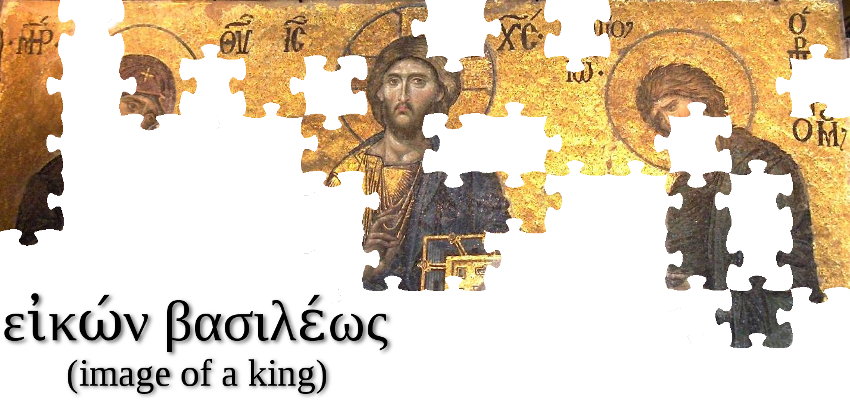After the rather surprising conclusion to the Wisconsin union debacle, it seems another quick political post is in order (don't worry, I'll try not to let this become a political blog). At least one side is satisfied with how it all turned out. Republicans: enjoy your divisive legislation you pushed through the system with sheer force. Democrats: please go home. It's over. You're just embarrassing yourselves. Democracy is decided by numbers, not who can shout the most.
And now for some more of my cents. Liberals have been saying that Gov. Walker's bill isn't about money, it's about power. I would modify that statement slightly. I think this struggle has been motivated less by power and more by clashing ideologies.
What are three topics Americans can never seem to agree on? Religion, politics, and sports. In what three topics are we guided by deeply held beliefs? Religion, politics, and sports. (There might be more) Buried beneath how you approach any of these three subjects is an axiomatic set of ideas. Unless you really know what you're doing, these ideas are probably unfounded assumptions. For example: where did the founding fathers get "democratic ideas" like innate human rights and the classic life, liberty, and the pursuit of happiness? Not a philosophical treatise deriving the importance of these things from first principles; they "hold these truths to be self-evident", in essence daring someone to try and disagree. Should we be surprised that virtually no one has?
These ideas just seem to make sense to us, but I'm not sure why. In a perfect world we would be able to come up with a common-sense, undeniable worldview and then derive important things that everyone would agree with like the laws of mathematics and the duties of government from it. But of course this isn't a perfect world, and we can't know everything so clearly, and everyone knows that a philosophy degree doesn't pay well, so people cut some corners and build their ideologies on assumptions. (In a religious context, this is known as "faith")
But which assumptions to use? I suspect that they are formed largely by a person's culture, education, position in life, and perhaps their nature. One assumption that leads to a lot of others is, "government should look out for me and my interests." This may be why so many students and professors are Democrats, and so many businessmen and gun owners are Republicans. And of course each political party is built on a different set of these assumptions about how big government should be, what kinds of things government should do, how much influence it should have on people, etc.
In light of these things, the Wisconsin conflict (and 'conflict' is an understatement) makes more sense. By introducing this bill, Gov. Walker, even more than asserting his power, is asserting the Republican ideology. Since it agrees with their ideology, Republican lawmakers support it. Since it clashes horribly with their ideology, Democrat lawmakers flee the state to avoid voting on the bill; protecting their idology is literally more important than doing their job. Similarly, Wisconsin democrats drop out of school or jobs and flood the capitol for weeks in unending protest of this attack on everything they hold dear. Neither side is willing to back down or compromise because, by assumption, they are right and the other is wrong. If only they would realize they are wrong!
I saw this dynamic in action when I suggested that the parties need to compromise in a Facebook comment discussion between some liberals. Though they were mostly polite to me, they explained that Republicans were the ones that needed to compromise. I think one quote demonstrated my point: "The Republicans are wrong. Period." Indeed.
Right now my build-it-from-scratch political ideology needs some work. Mostly it consists of "partisanship in politics should be avoided at all costs." But then, the most effective figures at ending partisanship in history have been dictators, so clearly I need more to go on. Hopefully I can hammer something out by 2012. Stay open-minded, my friends.



